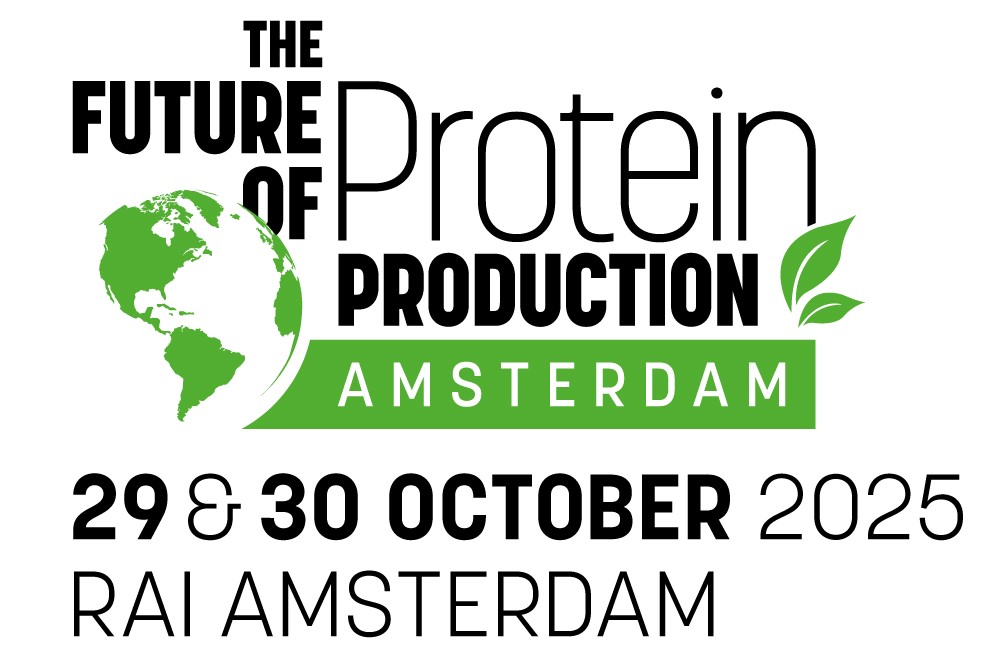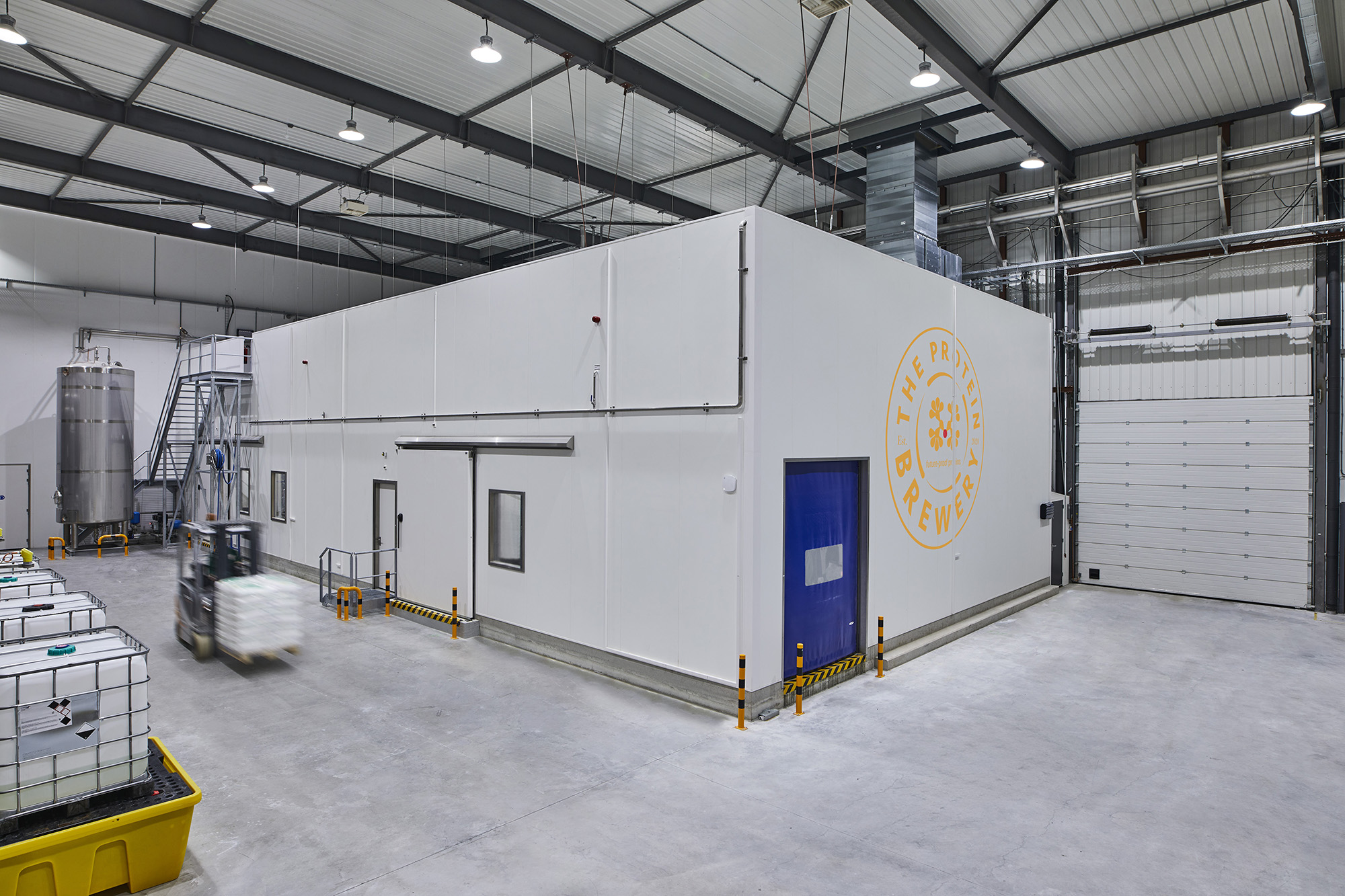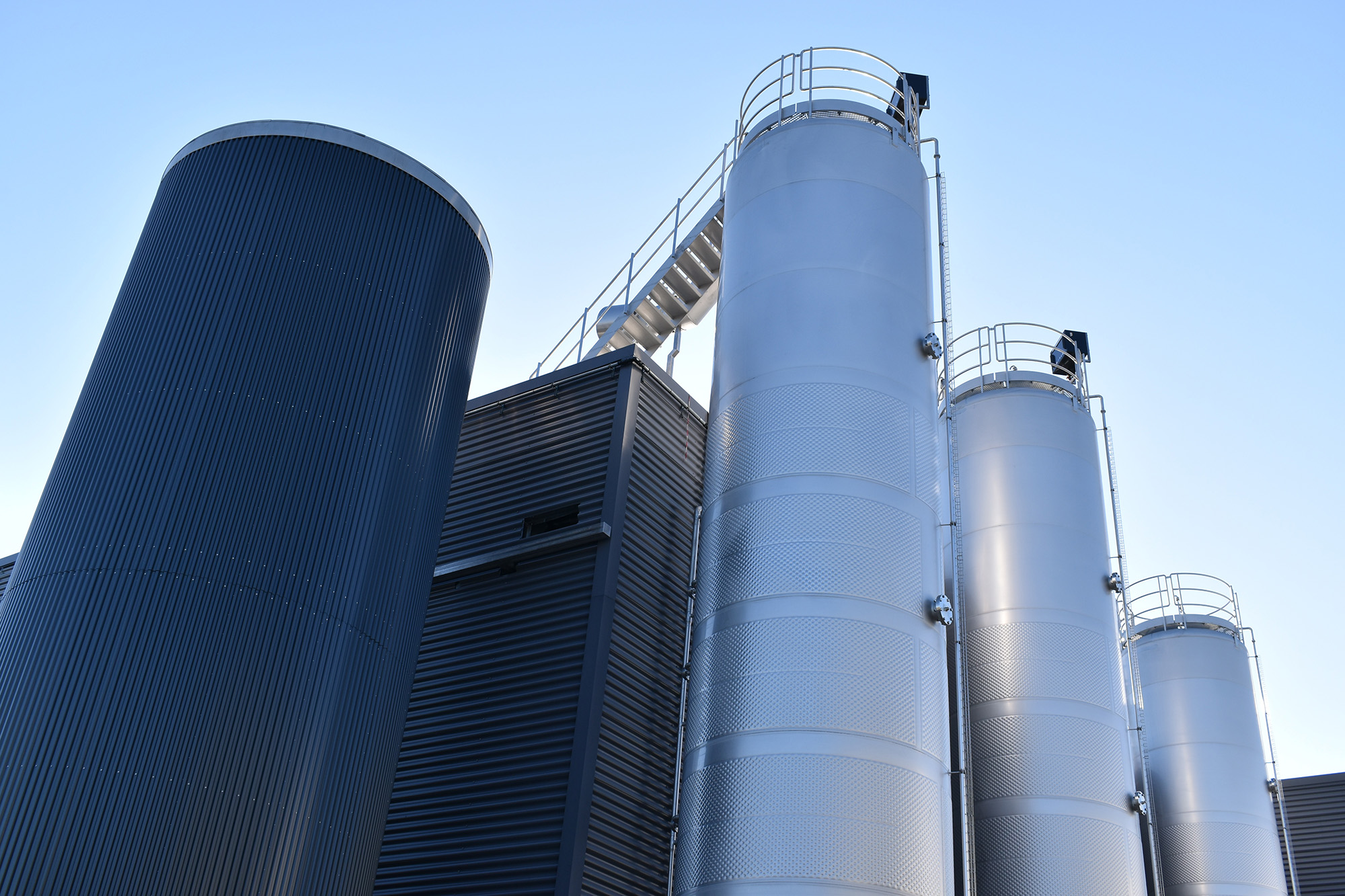

FPP Amsterdam 2025 Speaker Exclusive: Breaking the bottleneck – Yvonne Dommels on the case for smarter regulation of novel proteins
Yvonne Dommels, Nutrition & Regulatory Affairs Director at The Protein Brewery, believes Europe’s novel food framework is overdue for reform. Here, she outlines why smarter, fairer regulation is essential to unlock innovation while keeping safety and public health at the core
Speaking ahead of her appearance at The Future of Protein Production Amsterdam 2025, taking place at RAI Amsterdam on 29/30 October, Dommels outlines a vision for smarter, fairer regulation – one that keeps safety at the center, but also unlocks real-world impact.
A necessary overhaul
“It was a good step to introduce a central system for novel foods risk assessment in Europe by EFSA,” Dommels begins, referencing the European Food Safety Authority. “This is consistent and thorough compared to the old set-up where single member states were responsible… which could lead to controversy between member states.”

But she’s also quick to point out that Europe’s system hasn’t kept pace with innovation. “There is now a need to revise the current EU novel foods approval process based on recent learnings,” she says. “It would be great if the EU could learn from countries such as Singapore that foster innovation with a smooth and interactive regulatory approval… or the USA where companies can start market commercialization much sooner based on self-affirmed GRAS.”
This isn’t armchair criticism. Dommels holds a PhD in Nutrition and Toxicology from Wageningen University and cut her teeth with more than a decade at Unilever. “People working in regulatory affairs come from different backgrounds, but scientific know-how in nutrition and toxicology is required to undertake safety assessments yourselves,” she says. “This helps The Protein Brewery as we do not need to solely rely on external expertise.”
That’s an advantage, because navigating novel food regulation – particularly in Europe – demands both deep scientific fluency and strategic foresight.

A level playing field? Not yet…
“Fair regulation is important to create a level playing field between novel foods and conventional foods,” Dommels emphasizes. But right now, the scales are tipped.
“Conventional players can put their ingredients or foods on the market without any limitations, while novel foods can only be applied in the food categories approved in the conditions of use,” she explains. “They do not have a commercial level playing field.”
It’s not just about access. Amendments to production processes must also go through re-evaluation for novel foods – an administrative burden not borne by conventional ingredients. And substances such as manganese, which are present in fermentation media, are tightly controlled in novel foods despite no such regulation in conventional counterparts.
“This is a big regulatory hurdle,” says Dommels. “It really affects innovation.”

The problem with intake assessments
One area where regulatory reform is sorely needed, according to Dommels, is in how intake assessments are conducted.
“Intake assessment is a critical part of the risk assessment,” she continues. It estimates how much of a novel ingredient the population might consume, based on intended uses and inclusion levels. But in practice, it’s often an exercise in extremes.
“The intake assessment is… a worst-case scenario to err on the side of caution,” she says. “This is however not realistic for alternative proteins, even more not for alternative proteins produced by scaleups.”
Fair regulation is important to create a level playing field between novel foods and conventional foods
She cites sobering data: in 2022, unit sales for the entire Europe-wide plant-based category reached €2.9 billion (about US$3.2 billion), while the US market in 2023 saw just a 0.9% unit share for plant-based foods overall.
Yet regulators assume 100% market penetration. “All food products included within a food category [are assumed to] contain the alternative novel protein at the maximum specified level and will all be maximally consumed every day,” Dommels notes. “In reality, it is unlikely.”
Add to that EFSA’s use of an uncertainty factor applied to the no-observed-adverse-effect level from animal studies, and the result is a regulatory vise that could stifle the future of novel proteins
“For macronutrients like alternative proteins, the highest dose possibly tested in subchronic toxicity studies will not provide a margin of exposure of 200 to the intake estimated for humans,” she says. “Using a UF on top of a very conservative intake assessment will lead to a very low overall allowed intake level… which provides a real challenge for the future of alternative proteins.”

Nutritional reality versus regulatory rigidity
Beyond safety, Dommels argues that regulators must also consider nutritional value – especially given the broader goals of public health and food sustainability.
“When you are developing novel foods, you need to demonstrate that your product is not nutritionally disadvantageous,” she says. “That means not leading to excess intake of antinutrients or increasing the risk of inadequate intake of essential nutrients.”
Fermotein ticks all the right boxes. “It contains all the amino acids including all the essential ones and is thus a complete protein,” Dommels notes. “It is also rich in fibers, vitamins, minerals and bioactive compounds. Therefore Fermotein could be used to increase the nutritional density of several food applications.”
Still, she worries that some regulatory frameworks are too narrow in their evaluation. “The novel protein will not be the only source of protein in a human diet,” she explains. “For the assessment of the nutritional contribution… the whole diet should be taken into account.”
A path toward fairness and efficiency
Asked what a fairer regulatory environment would look like, Dommels doesn’t hesitate. “Not overly restrict ingredients of concern in novel foods while there are no limits for these ingredients in conventional foods. A more realistic intake assessment. And not requiring a 90-day animal study for vegan alternative proteins.”
She also advocates for a class-based approach to protein safety evaluations, which could streamline approvals across similar ingredients, and calls for greater consistency between jurisdictions.
“The challenge is that all jurisdictions require the intake assessment to be done with consumption data from their own region,” she says. “That means you need to do the intake assessment several times… which is both resource and budget intensive.”

Optimism, with a plan
Despite the hurdles, Dommels is optimistic. She sees movement toward reform and welcomes EFSA’s recent self-assessment process, which invited feedback on its performance between 2017 and 2024.
“I think it is clear that something needs to be changed,” she says. “I am optimistic about the future and trust the advice that has been given will be taken into account.”
She also sees room for procedural improvements. “Change the mandate of EFSA to collaboratively work together with applicants and provide scientific advice,” she suggests. “That would make a real difference.”
Her advice to startups navigating the process? “Be prepared for the worst and provide all scientific data that is requested in the guidance when submitting your dossier,” she cautions. “This will prevent additional requests for more information and subsequent stop-the-clocks.”
And finally, she points to a tried-and-tested model. “Once granted by the European Commission, the centralized marketing authorization for medicine is automatically valid in all EU Member States,” she says. “If the authorization for novel foods will be centralized, member states would no longer be empowered to raise objections. This will lead to a faster commercialization of novel foods in the EU.”
In other words, Europe doesn’t need to reinvent the wheel – it just needs to let it roll.
Yvonne Dommels is one of more than 100 speakers taking to the stage at The Future of Protein Production Amsterdam on 29/30 October 2025. To join her and more than 1,000 other attendees, book your conference ticket today and use the code, 'PPTI10', for an extra 10% discount on the current rate. Click here
If you have any questions or would like to get in touch with us, please email info@futureofproteinproduction.com


-p-800.jpg)



